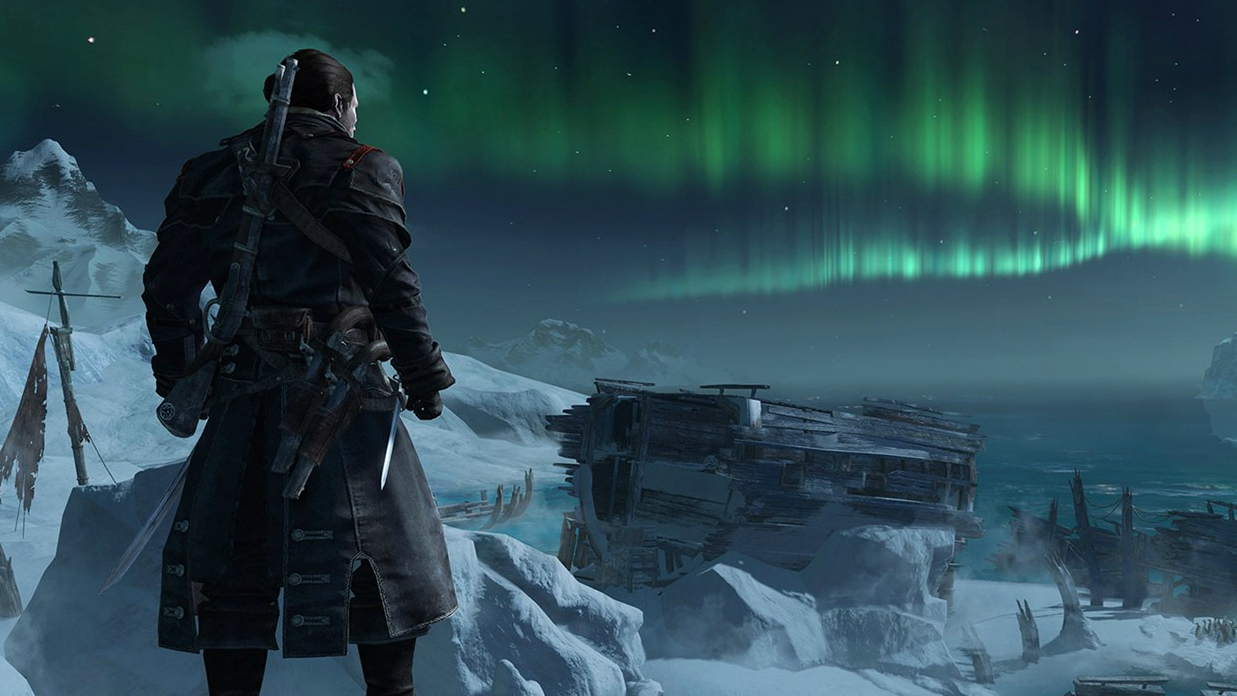Assassin's Creed Rogue squeezed out extra 20% of power from PS3 and Xbox 360
But no plans for a launch on next-gen

Sign up for breaking news, reviews, opinion, top tech deals, and more.
You are now subscribed
Your newsletter sign-up was successful
Assassin's Creed Rogue launches this week for PS3 and Xbox 360, and, at least for the time being, won't be gracing the newer PS4 and Xbox One.
But the game's developers have found that, even now, they're still managing to push the older consoles further and further - despite the fact that the Xbox 360 is now nine years old, and the PS3 about to turn eight.
"On Rogue we're using an extension of an engine that was build for Assassin's Creed 3 and further developer for [Assassin's Creed IV:] Black Flag, and we've done further iterations ourselves to further push exactly what we need for our features," the game's associate producer Karl von der Luhe told TechRadar.
"The team have done a great job in finding ways to optimise it. They've got an extra 20% of bandwidth and power out of the machines [over Black Flag], which has allowed us to load larger areas, to have longer draw distances than ever before, and really push that open world experience and that sense of exploration."
History
Luhe emphasised the increase in scale over its ocean-exploring predecessor. "We're bigger than Black Flag. We've more land based locations… it's a big old game."
As for whether we might see Rogue put on the newer consoles for Xbox One and PS4 owners to enjoy, it doesn't look hopeful - at least not for the time being.
"We've just made the announcement that it's coming out on PC and that's all the plans we have at the moment," said Luhe.
Sign up for breaking news, reviews, opinion, top tech deals, and more.

Hugh Langley is the ex-News Editor of TechRadar. He had written for many magazines and websites including Business Insider, The Telegraph, IGN, Gizmodo, Entrepreneur Magazine, WIRED (UK), TrustedReviews, Business Insider Australia, Business Insider India, Business Insider Singapore, Wareable, The Ambient and more.
Hugh is now a correspondent at Business Insider covering Google and Alphabet, and has the unfortunate distinction of accidentally linking the TechRadar homepage to a rival publication.